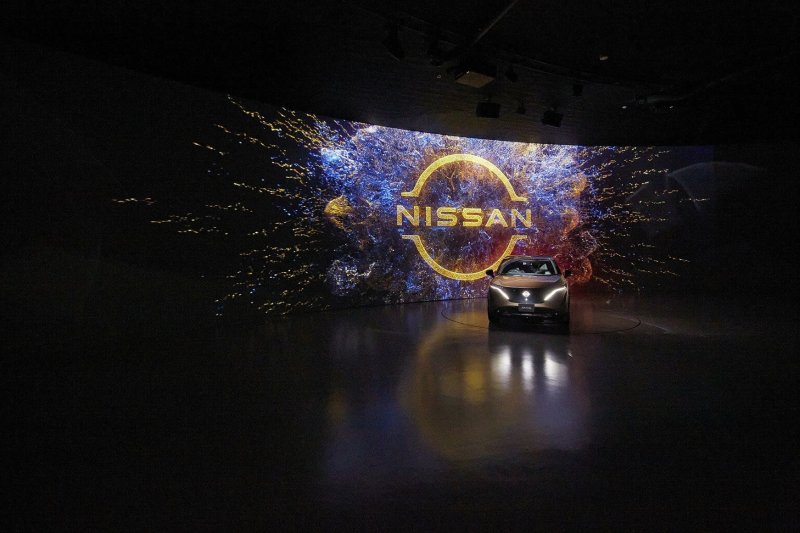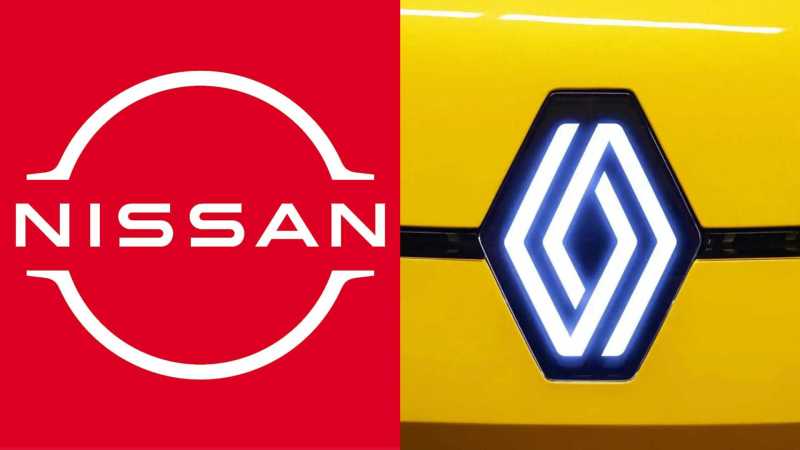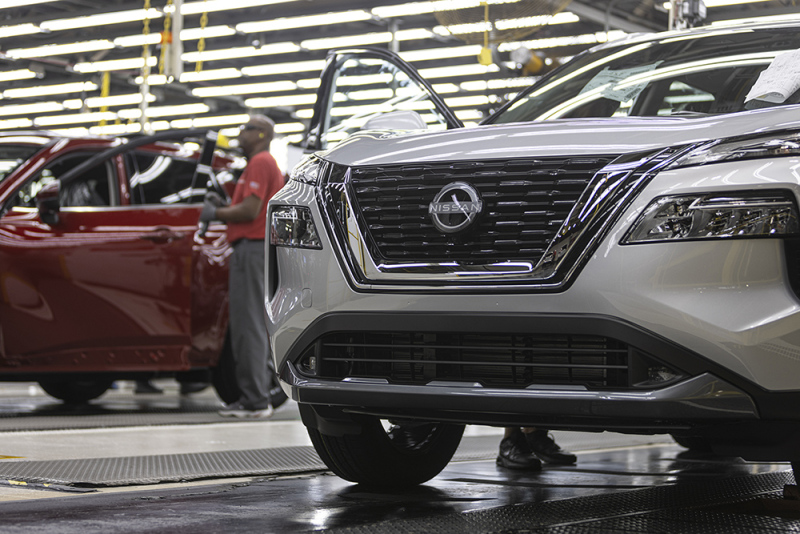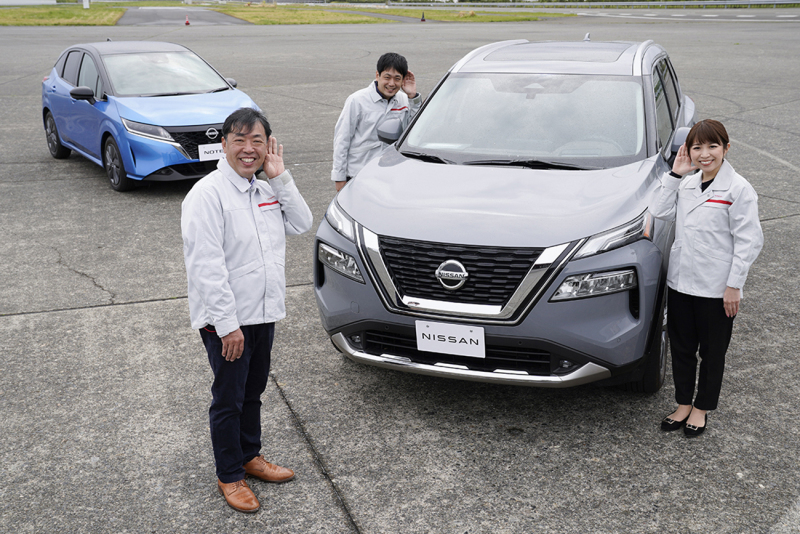Mercedes-Benz fully exits Nissan stake, cashing out 47.8 billion yen to leave
 RobertAug 28, 2025, 03:39 PM
RobertAug 28, 2025, 03:39 PM

[PCauto] On August 27, 2025, the Mercedes-Benz Group completed the sale of all its shares in Nissan, with a total transaction amount of 47.87 billion yen (approximately RM 1.43 billion).
This sale involved 140.1 million shares of Nissan stock, priced at 341.3 yen per share, equivalent to 3.77% of Nissan's total equity.
This transaction marks the official end of the decade-long equity partnership between the two automakers.
Mercedes-Benz Explains the Sale of Nissan Shares
According to the official statement from Mercedes-Benz, the decision to sell was based on "portfolio optimization" considerations. The company emphasized that these shares had been reclassified into the pension fund asset category since 2016 and were not considered a strategic investment.
A Benz spokesperson stated: "This decision aligns with our strategy of continuously evaluating and optimizing the investment portfolio, enabling the company to focus more on the development of core business areas."
Nissan has remained silent on this transaction and has not issued any official comment.

For Mercedes-Benz, this share sale is part of its strategic adjustments. In recent years, the company has been continuously optimizing its investment portfolio to focus on the development of electrification and high-end models.
Data shows that Benz's net profit in 2024 decreased by 54% year-on-year, facing increasing competitive pressure from Chinese carmakers. By divesting non-core assets, the company aims to focus resources on addressing challenges in industry transformation.
Strong Market Reaction to Benz's Sale of Nissan Shares
After the news was announced, Nissan's stock price plummeted by more than 6% on the same day, marking the biggest single-day drop since early July, with a market value loss of approximately $1.2 billion.
This market performance reflects investors' concerns about Nissan's current business situation. Data indicates that in the first quarter of 2025, Nissan posted a loss of 79.1 billion yen, with global sales continuing to decline. In the first half of 2025, sales fell 6% year-on-year to 1.61 million units, dropping out of the global top ten automakers ranking for the first time.
The equity sale occurred after Nissan and its largest shareholder Renault revised their cooperation agreement.
Under the new agreement, Renault's stake in Nissan has been reduced from 15% to 10%, and the two parties redefined their alliance relationship. This series of capital movements indicates that the traditional automotive alliance model is undergoing profound restructuring, with manufacturers seeking more flexible strategic arrangements.

Nissan Faces Multiple Challenges
Chief Executive Officer Ivan Espinosa introduced the "Re:Nissan" restructuring plan, which includes closing seven factories, laying off 20,000 employees, and reducing annual production capacity from 3.5 million vehicles to 2.5 million.
Meanwhile, the company is also facing a 15% U.S. tariff pressure as well as fierce competition in the Chinese market from new energy vehicle manufacturers such as BYD and NIO.
These factors have collectively led to Nissan's continued pressure on market performance and profitability.

Profound Changes in the Global Automotive Industry Landscape
The alliance relationships between traditional automakers are loosening, with each company reassessing partnerships based on its own development needs.
Meanwhile, with the acceleration of the electrification transition, capital allocation strategies are also undergoing significant changes, with more resources being directed toward new technology development and market expansion.
As Nissan's largest shareholder, Renault currently holds a 36% stake and is also seeking further reductions.
It is understood that Renault is in discussions with companies such as Foxconn to explore potential collaborations for Nissan's electrification transformation.

Alliance Relationships in the Automotive Industry are Disintegrating
This equity transaction is not just a capital operation but also symbolizes a turning point in the era of traditional alliances in the automotive industry.
With the deepening of electrification and intelligent transformation, the network of relationships among automakers is being reconfigured, with each company seeking the strategic position most suitable for its own development path.
For Nissan, the main challenge in the future will be how to reposition itself and achieve a turnaround amidst the new industry landscape.
If any infringement occurs, please contact us for deletion
Trending News

Perodua Myvi and Bezza may undergo major upgrades in 2026
After the update, the Bezza will no longer be just a low-cost alternative but a core model in the Perodua system with greater market competitiveness and brand premium potential. The upgrade of the Myvi is not to be unconventional but to strengthen the brand and market, ensuring that the Myvi continues to maintain its irreplaceable position in the new round of product competition.

Perodua Traz VS Ativa, which one is more worth buying?
Traz, as a newly launched mid-sized SUV, offers more spacious room and mainstream power compared to small SUVs, but its pricing appears slightly higher than that of Ativa. Ativa, on the other hand, is Perodua's long-time best-selling small SUV with more affordable pricing and a balanced combination of power and tech features.

Will the Toyota Yaris Cross come to Malaysia? If it comes, how much will it sell for?
The launch of Perodua Traz indicates that the market size of small SUVs in Malaysia has been expanding in recent years. However, the question naturally shifts back to Toyota. As a brand with the most comprehensive product line and a strong foundation in both the SUV and hybrid sectors, will Toyota choose the Yaris Cross to participate in this small SUV competition?

Perodua Traz VS Toyota Yaris Cross, where does the Traz fall short?
Before the official launch of the Perodua Traz, market expectations were actually very high because it shares the same DNGA platform as the Toyota Yaris Cross. However, sharing the same platform does not equate to the same experience, and the Traz's final performance has indeed been disappointing. Perhaps it is precisely because of the delayed launch that it has almost no competitiveness in the current competitive environment.

Perodua Traz 2025:Spec, Price and Features
Perodua Traz has been officially launched in Malaysia. It is a B-segment five-seater SUV built on the DNGA platform. Compared to the Yaris Cross, which emphasizes brand and quality, the Traz comes with a localized rate of about 95%, offering a more friendly price and practical features.
Popular Cars
Model Year
Car Compare
Car Photo


